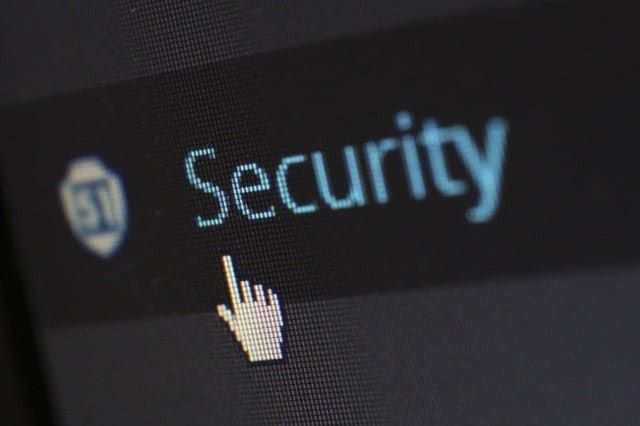If you’re feeling like the Internet is not a particularly safe place, you’re neither wrong nor alone. Statistics show that one hacking attack occurs every 39 seconds. One in three Americans had its online security compromised in 2016. Small businesses are targeted almost half of the time, and more than six out of ten companies have experienced web-based attacks.
But even though statistics show that neither individuals nor businesses are free from the threat of cyber crime, people and companies alike continue to use the Internet. The vast majority of them are capable of avoiding or repelling online attacks. And if you want to decrease the chances of someone successfully hacking your accounts or compromising your system, there are some trusted cyber security practices you can rely on.
Strong Passwords
Your online accounts should be protected by a strong password. When possible, you should also use two-factor authentication, but if that service isn’t available for some of your accounts, a strong password will have to do.
Websites and services where you make your accounts will probably pose some minimum requirements your password has to meet. Requirements such as using at least eight characters, and mixing in some special characters, numbers, and uppercase letters are very common. And while they might give you a good idea of creating a good password, they are unlikely to yield one that will resist brute force attack for long enough to make attacking you impractical.
The length of your passwords is important. The more characters your password has, the more possible combinations of characters they can have. The more combinations, the more time it takes to try each and every one of them. Creating 12- or 16-characters long passwords following the commonly given advice is a good idea. Creating passwords by choosing four random, completely unrelated words, can be even better. “Suspicious blue commonly audacious” is a 34-characters long password that’s very hard to break.
Antivirus and Antimalware Software

Antivirus and antimalware software is a very important component of your personal online security setup. There are plenty of it to choose from, and while you will have to dig around to see for yourself which one is the one that’s really good for you, here are some tips that will help you in your search.
You need to choose antivirus software that works on your operating system. Different antivirus software comes with different features, and you should look for one that fits the way you use your computer. You should also look for independent certification and testing agencies, and look which software tested well in detection and preemption.
You shouldn’t forget to protect all of your devices — your mobile devices need antivirus software, too. While having two different pieces of antivirus software on your computer can cause issues, having antivirus software and backing it up with dedicated antimalware software can be very effective. And finally, using online virus scanning to occasionally perform a full scan of your computer can help catch what your antivirus software might have missed.
Safe Behavior
Some things you can do online will significantly decrease your protection levels even if your passwords are strong and you have antivirus software. Downloading software illegally puts your computer at risk of catching a bug. Opening each and every attachment you get in emails will do the same. Giving your passwords to other people is a sure way to get hacked.
Usually, people are the weakest part of their own cyber security. Some schemes hackers use to get your personal information can be so well-executed that you couldn’t be blamed for falling for them. But a lot of the time, it really comes down to people forgetting that companies where they open accounts generally state that they will never ask them for their password, or people giving too much information on fake websites, or just people doing sketchy things that land them in trouble. Learning how to discern between activities that invite potential security breaches and those that are safe is probably the most important pillar of personal cyber security.
Finally, let’s not forget that security and convenience are often at odds with each other. Two-factor authentication can become tedious. Remembering and regularly changing very long passwords can become annoying. Performing regular virus scans and software updates can sometimes get in the way of doing what you usually when you’re at the computer. Playing it safe can sometimes look like it’s draining all the fun from going online, but it’s still too important to be skipped. So the most important pillar of your personal cyber security is simply sticking with the best practices.

